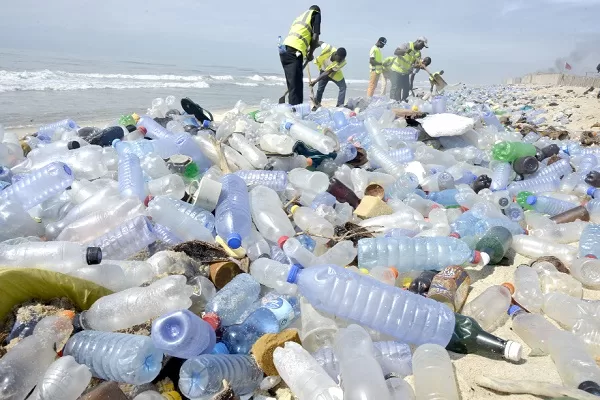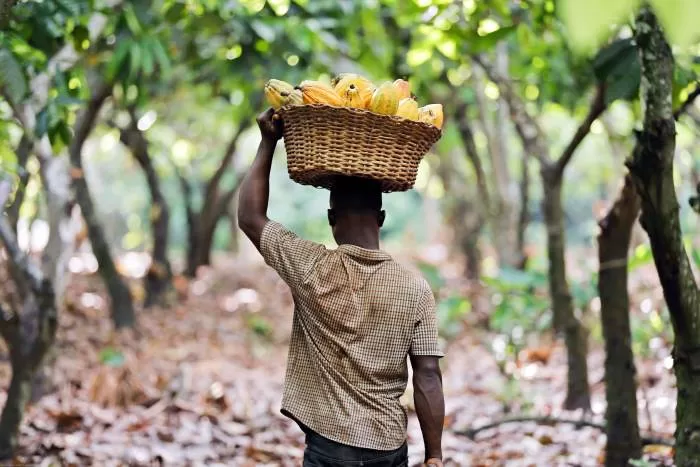Dr Kweku Afriyie, Minister for Environment, Science, Technology and Innovation (MESTI), says the government is calling for projects for edible and compostable packaging as a sustainable alternative to single used plastics.
He said the Ministry had been rolling out six pilot projects, which had reached various stages of completion with the edible and compostable packaging project aimed at helping to phase out single used plastics.
Dr Afriyie said this at the launch of the Edible and Compostable Packaging Pilot Programme in Accra.
The edible and compostable packaging is being piloted amongst students of the Mensah Sarbah Hall, University of Ghana.
The project is a partnership between the Ministry and the Secretariat of the Basel, Rotterdam and Stockholm (BRS) Conventions on “Marine Litter and Microplastics: Promoting the Environmentally Sound Management of Plastic Waste” with funding from the Norwegian Development Cooperation Agency (NORAD).
The Minister, who was represented by Mrs Lydia Essuah, Director, Policy, Planning, Monitoring and Evaluation at MESTI, said the major problem confronting Ghana was the management of single-used plastics.
He said: “The consumption of microplastics due to the utilisation of single-used plastics as lining for food while cooking is injurious to human health.”
“Health experts have raised concerns about the use of plastics such as polyethylene to wrap the corn dough in preparation of kenkey because of the serious health hazards it presents to consumers,” he said.
According to Dr Afriyie some of the chemicals had been linked to health problems such as metabolic disorders (including obesity) and reduced fertility.
He said the Government, as part of its commitment to reducing the negative environmental and social impacts had launched the Ghana National Plastic Action Partnership in 2019 to address the challenges head-on.
The piloted product, “Notpla ooho” an edible bubble made from seaweed and plant extracts changes how liquids are packaged.
The products are flexible packaging solutions that can biodegrade within four to six weeks. They can be composted with the rest of food waste making them more environmentally friendly than plastics.
Madam Karlijn Sibbel, Design Director, Notpla, who had designed and marketed the products in UK for many years said the products were not chemically modified.
“It is more like a piece of food than plastic. In the UK, we provide hydration for runners in sports events, they drink the water, eat the package and continue running,” she said.
Madam Sibbel said the initiative in Ghana was the first in Africa, adding that: “If the pilot is successful then we need to set up in Ghana and produce to create new economy and jobs for the people.”

















